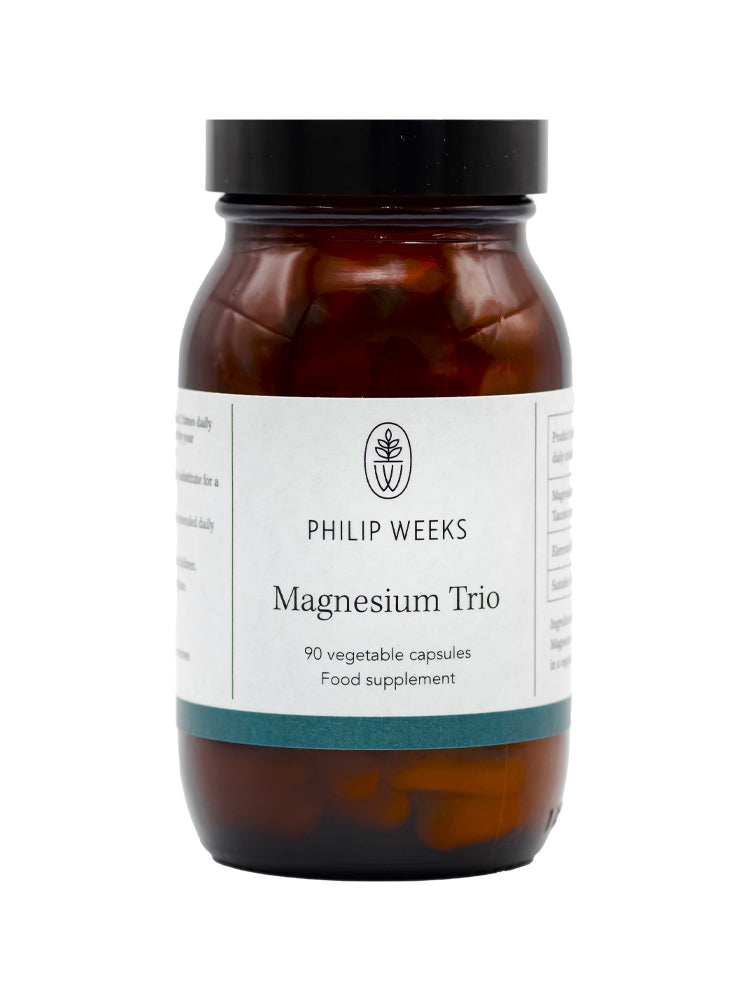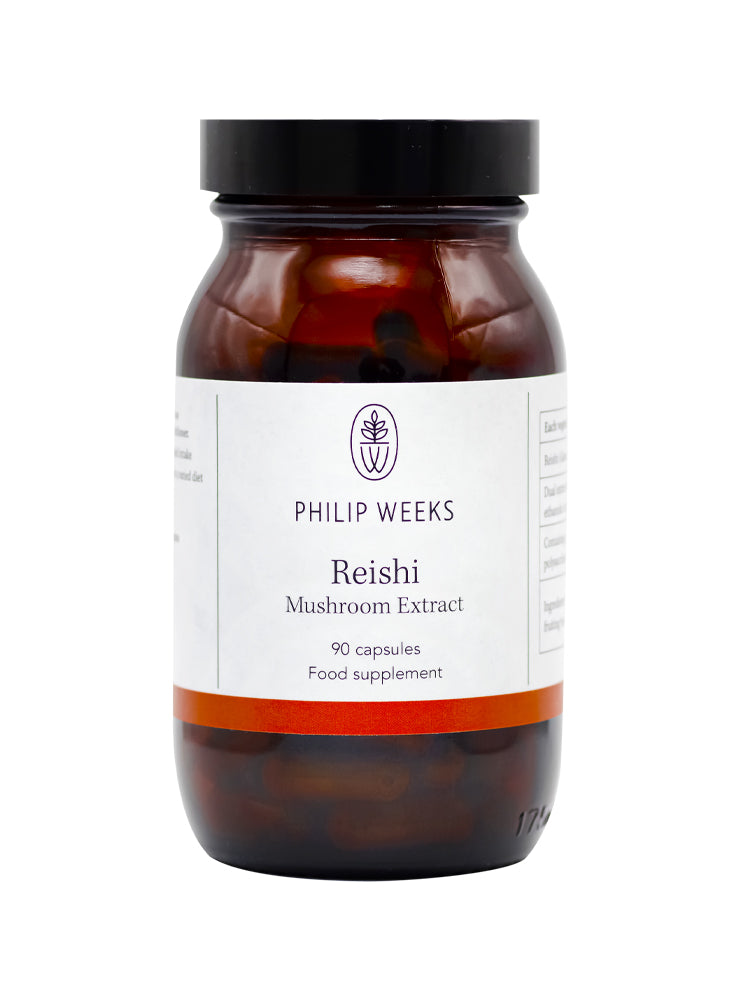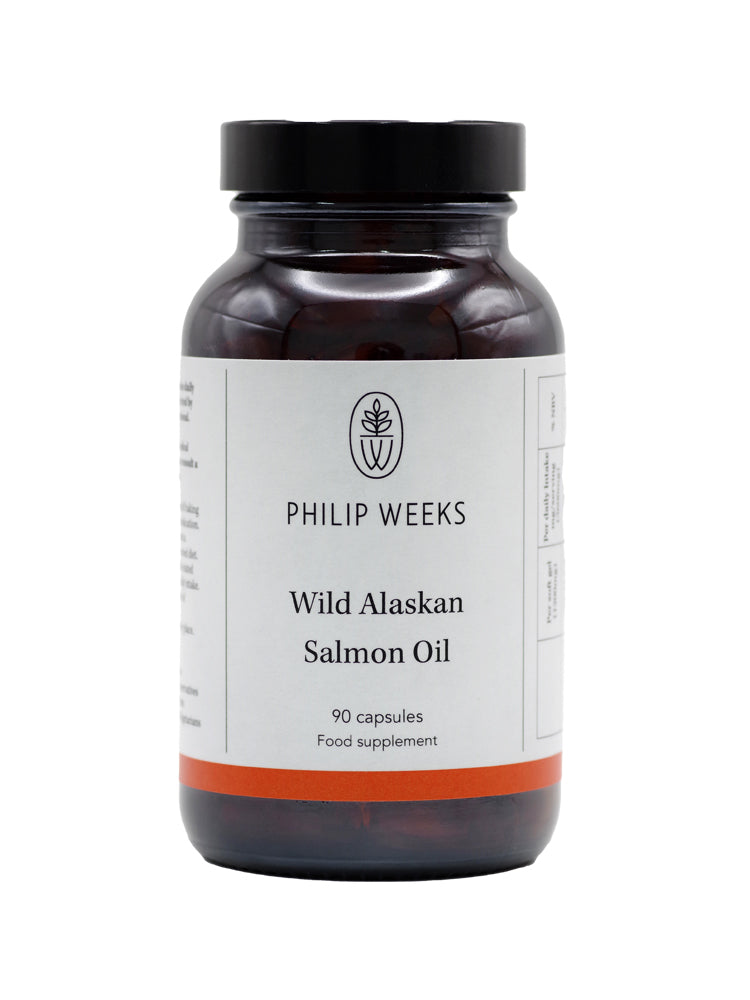Magnesium is one of the most important yet overlooked minerals in human health.
How Stress Depletes Magnesium
When we experience stress, the adrenal glands release cortisol, the body’s primary long-acting stress hormone. Cortisol helps maintain energy by raising blood sugar, blood pressure, and heart rate, preparing the body to cope with ongoing ‘fight-or-flight’ demands.
At the same time, stress hormones cause the kidneys to excrete more magnesium in the urine. Over time, this can lead to depletion. Since magnesium is required to regulate cortisol itself, a vicious cycle begins:
- Stress raises cortisol.
- Cortisol increases magnesium loss.
- Low magnesium makes it harder to control cortisol.
The Role of Magnesium in Cortisol Regulation
Magnesium helps the nervous system adapt to stress in several ways:
Regulates cortisol release
Adequate magnesium prevents cortisol from staying elevated longer than necessary.
Supports GABA activity
GABA is the brain’s main calming neurotransmitter. Magnesium enhances its effects, promoting relaxation.
Protects sleep quality
Low magnesium is linked with restless sleep and difficulty staying asleep, partly due to cortisol dysregulation.
Stabilises energy and mood
Magnesium plays a key role in mitochondrial energy production and serotonin balance.
Signs You May Be Low in Magnesium
Because magnesium is involved in so many processes, deficiency can show up in a variety of ways:
- Muscle tension, cramps, or twitching
- Anxiety, irritability, or low resilience to stress
- Poor sleep quality
- Fatigue and low energy
- Headaches or migraines
- Constipation
Modern diets, heavy in processed foods and low in green vegetables, often fail to meet even the minimum daily requirement.
Restoring Magnesium Balance
Food sources
- Dark leafy greens (spinach, kale, chard)
- Nuts and seeds (pumpkin, almonds, sunflower)
- Legumes (black beans, lentils, chickpeas)
- Whole grains (brown rice, oats, quinoa)
- Dark chocolate (70% cocoa and above)
Lifestyle
- Reducing caffeine and alcohol can help conserve magnesium.
- Mind–body practices such as yoga, breathing exercises, or meditation reduce stress-driven depletion.
Supplements
- Magnesium citrate, glycinate and taurate are well absorbed and can be helpful for stress and sleep support.
- Dosage often ranges between 200–800mg per day, ideally taken with food.
- Some people benefit from topical magnesium (sprays or Epsom salt baths) to support muscle relaxation.
Shop Magnesium Trio
The Bigger Picture
References
- Boyle NB et al. The effects of magnesium supplementation on subjective anxiety and stress — a systematic review. Nutrients. 2017.
- Murck H. Magnesium and affective disorders. Nutr Neurosci. 2002.
- Pickering G et al. Magnesium status and stress: the vicious circle concept revisited. Nutrients. 2020.
- Wienecke T et al. Magnesium deficiency: a common cause of sleep disorders, stress, and headaches. Sleep Med Rev. 2021.
- Zhang Y et al. Magnesium supplementation improves sleep quality and reduces cortisol in older adults with insomnia. J Res Med Sci. 2012.













